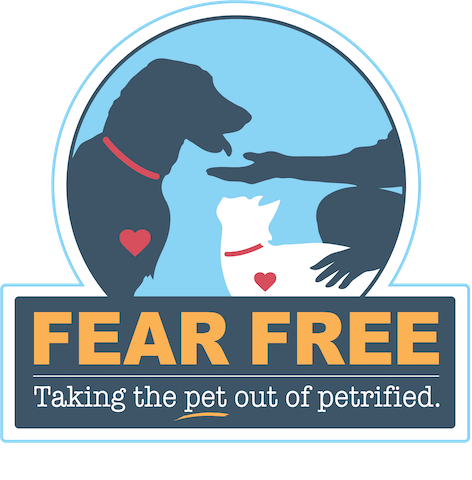Find Answers to Your Questions About Pet Surgery in Raymond Terrace & Thornton
If you have any questions concerning your pet's upcoming surgery, be sure to browse the following section. We've included some helpful information to assist you through the process.
Frequently Asked Questions
-
Is the anaesthetic safe?
Our facility features a number of advanced monitors which have made surgery much safer than in the past. At Irrawang & Thornton Veterinary Hospitals, we perform a thorough physical exam on your pet before administering anaesthetics. This method ensures that your pet won't succumb to fever or illness.
All pets visiting our practice receive blood testing before the anaesthetic process. These tests are designed to evaluate the function of the liver and kidneys. They will ultimately ensure that the anaesthetic is as safe as possible for every animal we treat.
It's also important to note that surgery should always be performed on an empty stomach. This will reduce the risk of vomiting during and after anaesthesia. We request that you withhold food for at least 8 to 10 hours before the start of the surgical process. Keep in mind that water can be left down until the morning of surgery.
-
Will my pet receive stitches?
In many instances, we use absorbable sutures underneath the skin. We won't have to remove the stitches at a later date, as they'll ultimately dissolve on their own. Some surgeries, especially tumour excisions, call for skin stitches as well.
No matter which type of treatment your pet receives, you will need to keep an eye on the incision for swelling or discharge. We also request that you watch your dog or cat to ensure that they don't lick or chew their stitches. If skin sutures are present, they'll generally be removed 10 to 14 days after the surgery has been completed.
Baths are not permitted for the first 10 days after surgery.
-
Will my pet be in pain?
Pets might not express the same symptoms of pain that humans do. Generally, they don't whine or cry. That being said, you can be sure they're suffering. The specific type of pain medication that we prescribe will depend on the specific surgery that's performed.
For dogs, we administer a pain injection prior to and after surgery. On discharge, we may recommend an oral anti-inflammatory for a few days after the surgery to lessen the risk of discomfort and swelling.
Cats do not tolerate standard pain medications such as aspirin, ibuprofen, or paracetamol, so we have to use separate methods. Currently, we employ newer medications, which are less likely to cause issues. These medications can also be provided on the morning of surgery.
Some surgeries call for narcotic patches. Injectable pain medications are also administered after surgery on both dogs and cats. To learn more, we invite you to contact one of our friendly representatives.
-
Are there any other decisions that I need to make?
We can perform many other minor procedures while your pet is under. These include dentistry, ear cleaning and the implantation of identification microchips. If you'd like to receive an estimate for these extra services, be sure to contact one of our staff.
We always contact pet owners the night before any scheduled surgeries in order to confirm the time you will be dropping the animal off. We'll also answer any questions you may have. We want you to feel comfortable throughout the entire surgical process, so we're always here to answer your questions.
Contact Info
Thornton
3/30 Railway Ave Thornton, NSW, 2322
Irrawang
3/17 Port Stephens St Raymond Terrace, NSW, 2324
Email:
reception@myvets.vet
Thornton: 02 4966 1133
Irrawang: 02 4987 1898
Business Hours
Mon - Wed: 8:00 am - 5:30 pm
Thursday: 8:00 am - 6:00 pm
Friday: 8:00 am - 5:30 pm
Saturday: Irrawang 8.00am -12.30pm
Saturday: Thornton Closed
Sunday: Closed
Payment options





licence & certificates
Fear Free Certified Vets
Cat Friendly Clinic Gold Certification


